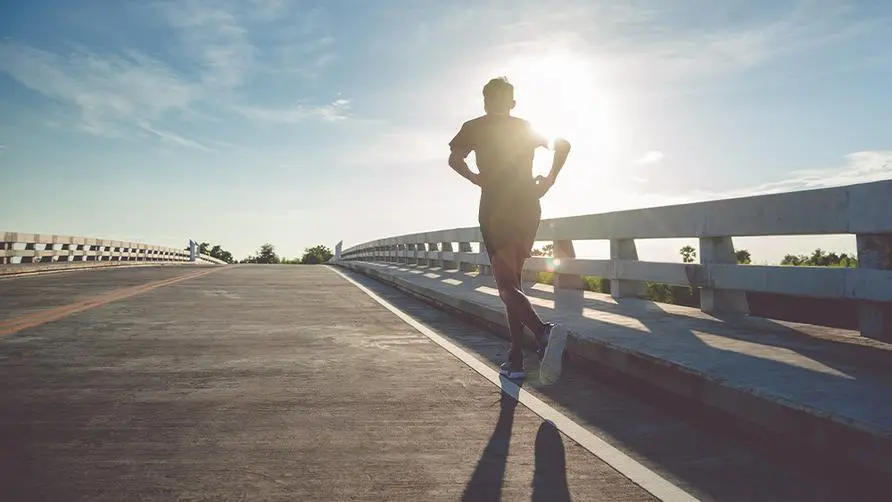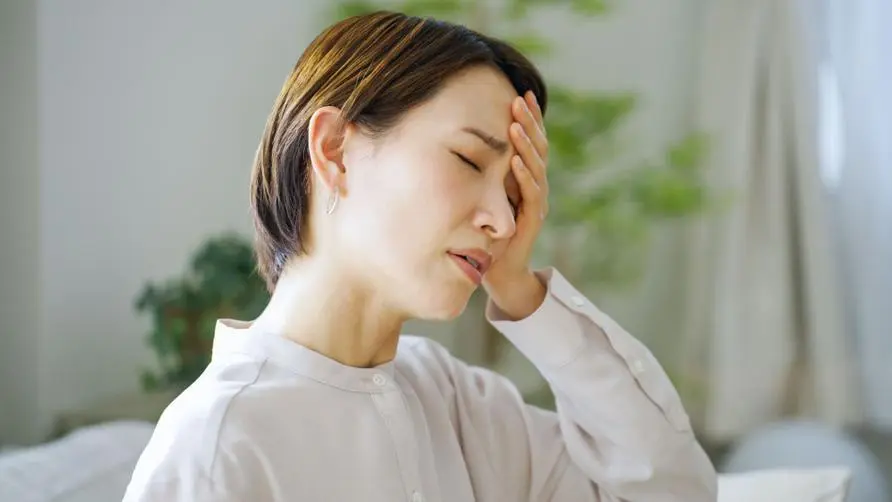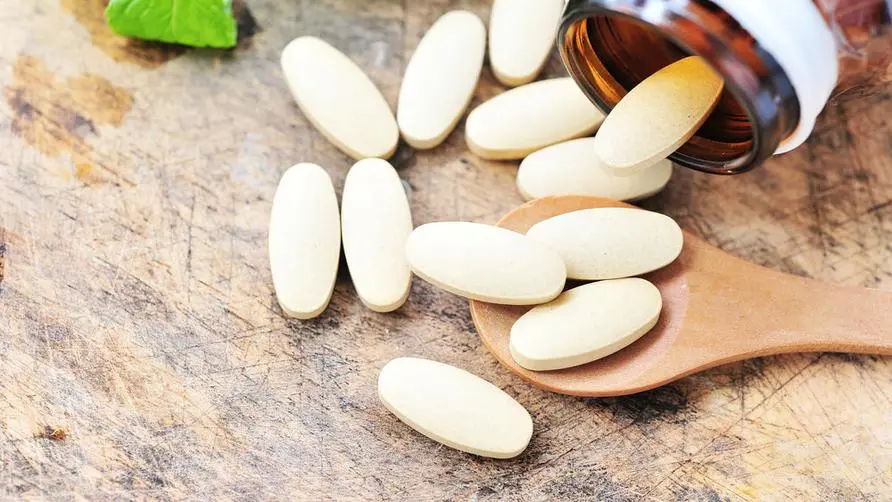Does exposure to sunlight increase men's appetite? Research: It can also significantly increase "favorability"

healthorn expert Q&A
Q: Why is it recommended to take glucosamine if you often run or climb mountains?
A: Whether it is lower limb training, or daily climbing, brisk walking or power walking, it will put a burden on the knees, ankles and hip joints. The more frequently a joint is used, the more adequate care its soft tissues require. In particular, it is important to strengthen surrounding muscles, restore tissue elasticity, and maintain the joint environment.
Inflammation, degeneration, and wear and tear are situations that almost everyone will encounter. Especially those who like road running or cycling should pay attention to the fact that maintenance is a daily lifestyle habit that must be developed. Use glucosamine gel containing GAG to rub directly on the required area. The effective cooling ingredients can provide relief similar to ice compress, but it is not recommended to be so cool that it stings or makes you feel uncomfortable. For skin care gels, remember to test whether they really feel before and after use, and whether they help improve efficiency and recovery speed.
At present, academic circles believe that moderate exposure to the sun has certain benefits for human health. For example, sun exposure can supplement vitamin D, help the body absorb calcium, and reduce the risk of osteoporosis. Recently, “Nature Metabolism” revealed the many effects of sun exposure on the body, such as promoting metabolism, reducing nerve overactivity, and preventing muscle atrophy; and research has also found that sun exposure is related to increasing the “appetite” in men.
Men’s “appetite” becomes stronger when they are exposed to the sun? Study: 3 benefits of sun exposure
Tel Aviv University in Israel analyzed 3,000 middle-aged people aged 25-64 and asked them to record their dietary calories in detail over a 12-month period. According to questionnaire surveys, men consumed an average of 300 more calories per day during the summer, while women consumed almost the same amount. The researchers further used sunlight exposure experiments to understand the differences between men and women, exposing subjects to UVB ultraviolet rays for about 25 minutes and analyzing their blood.
Research shows that sun exposure changes proteins involved in body metabolism, with men and women responding significantly differently. According to the research team’s animal experiments, it is known that after male mice are exposed to UVB, the “ghrelin” (Ghrelin) in the fat cells in the skin is stimulated and driven by the tumor suppressor protein gene called “p53”. After ghrelin is stimulated by p53, it transmits signals to the hypothalamus, thereby making male mice feel hungry.
This finding has also been confirmed in human skin - 5 days after male skin was exposed to UVB, blood tests found that the concentration of ghrelin in the body increased. And as to why there is a lower correlation between sun exposure and hunger in women? The research team pointed out that the key may be that “estrogen” inhibits the activation of p53, so the hunger feeling is not as strong as in men.
In addition, studies have also found that sun exposure can enhance the body’s metabolism, inhibit nerve overactivity, and prevent muscle atrophy, among other benefits, regardless of gender. But does increased appetite in men mean the possibility of weight gain? The team believes that the correlation between sun exposure and obesity cannot yet be confirmed, and further research is needed to prove the causal relationship between the two.
Does sun exposure boost sexual desire in men and women? Experts say it is related to the secretion of “this hormone”
A study also initiated by Tel Aviv University in Israel and led by human geneticist Carmit Levy and published in Cell Reports showed that exposure to ultraviolet UVB increases testosterone levels in men, making sperm more motile and producing more. It is related to; and helps increase the “hypothalamus-pituitary-adrenal axis” hormone concentration and follicle growth in women, both of which may be related to increasing sexual desire in men and women.
Levy said that through animal experiments, it can be initially known that ultraviolet UVB irradiation also stimulates the p53 gene in skin cells. When the p53 gene is driven, hypothalamic-pituitary-adrenal axis hormone concentrations increase, which is associated with increased sexual desire in female mice. In addition, sun exposure makes male mice more active, and androgens also tend to increase significantly.
In order to confirm the results of animal experiments, the research team recruited 9 men and 10 women. The subjects were asked to avoid sunlight for 2 days and to be exposed to the sun for 25 minutes in the afternoon of the third day. Compared with before exposure to the sun, it was found that the concentrations of β-estradiol, progesterone, and testosterone in male subjects were significantly positive; estrogen and progesterone in female subjects also showed an upward trend after exposure to the sun.
“It is not that men or women will suddenly have a higher sexual desire after being exposed to the sun. The mechanism of sunlight on the human body is very complex. It can be known from the current research results that ultraviolet exposure may cause physiological changes in the human body; both for men and women , both enhance each other’s attraction to each other,” Levy said.
source:
Food-seeking behavior is triggered by skin ultraviolet exposure in males
Skin exposure to UVB light induces a skin-brain-gonad axis and sexual behavior
Further reading:





